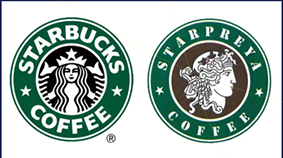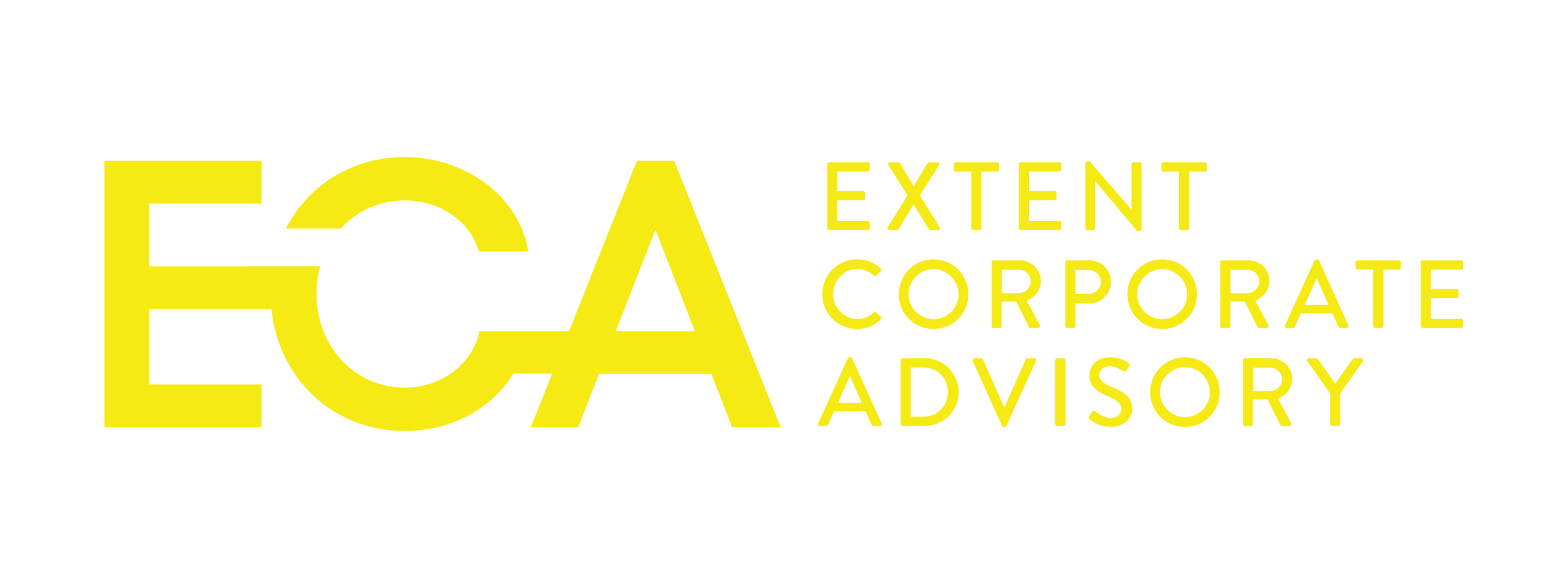What is Trademark Infringement?
Refers to the unauthorized use of a trade or service mark that is identical or confusingly similar to a registered trade or service mark. This occurs when a third party uses a trademark in a way that creates confusion in the minds of consumers, causing them to believe that the third party’s goods or services are associated with or endorsed by the owner of the trademark.
Original

Fake
Forms of Trademark Infringement.
Passing off: is a common law tort, which can be used to enforce unregistered trademark rights. Prevents one person from misrepresenting his goods or services as that of another.
Counterfeiting: occurs when someone produces and
sells goods that bear a trademark that is identical or substantially similar to a registered trademark without the owner’s permission.
Dilution: involves an unauthorized use of another’s trademark on products that do not compete with, and have little connection with, those of the trademark owner.
Civil Remedies for Trademark Infringement
Civil remedies available to trademark owners to enforce their trademark rights and protect their intellectual property includes:
Injunction orders against the infringing party to cease using the trademark.
Damages and monetary compensation orders to obtain damages and monetary compensation for all the profits made from the illegal use of their trade mark.
Forfeiture or destruction of the counterfeit goods that infringe their trade mark.
Criminal remedies for Trademark Infringement.
The remedies uttered by the court in case of criminal proceedings are as follows:
Criminal prosecution – in accordance to the Cyber Crimes Act, 2015 a person found to have infringed a trademark is liable to pay a fine of not less than TZS 20 million or to imprisonment for a term of not less that 5 years or both.



